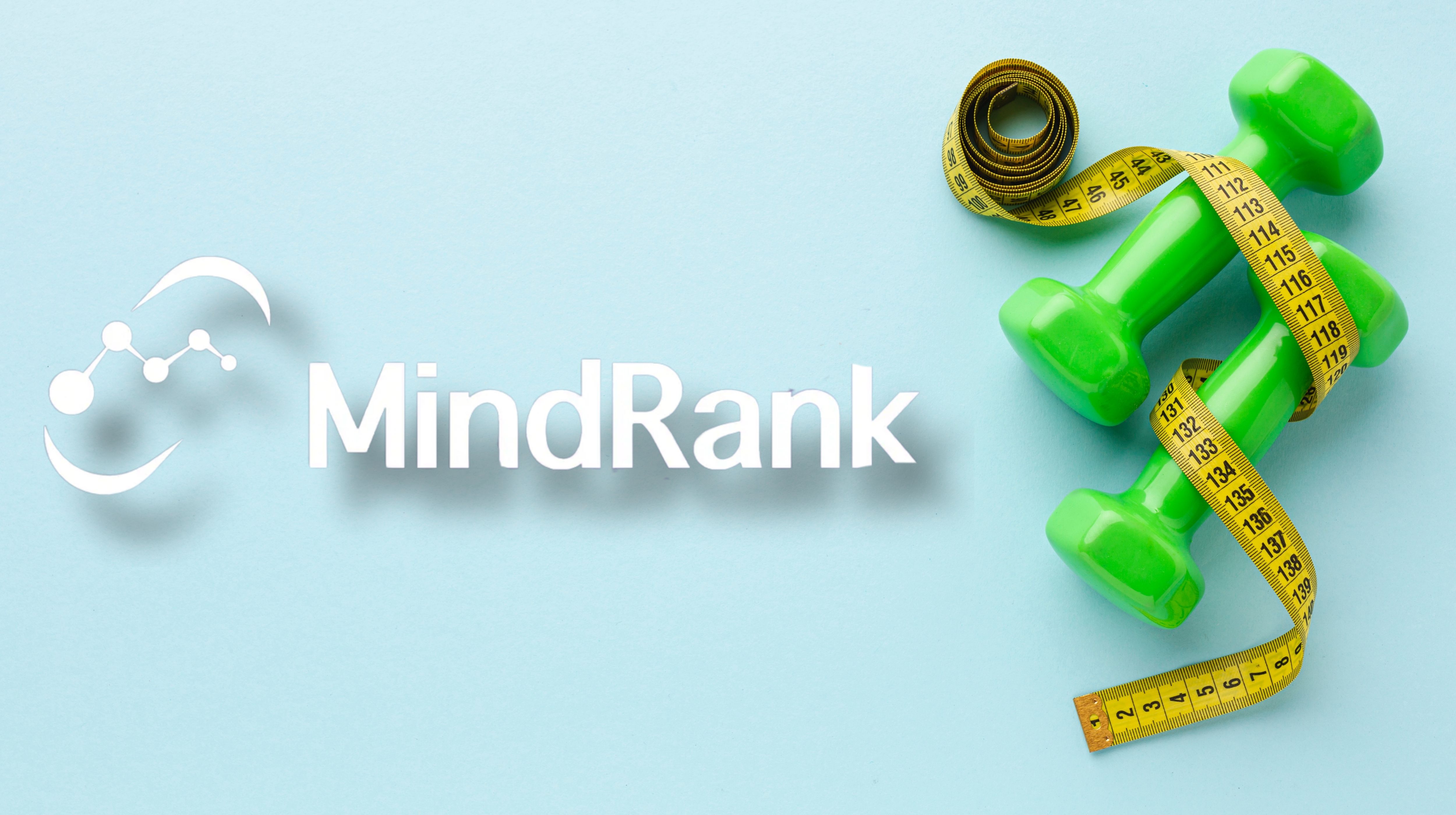Nvidia used CES in Las Vegas to signal its next push in AI hardware, with chief executive Jensen Huang unveiling a new AI chip designed to deliver more computing power with lower energy use. The chip, named Vera Rubin, is scheduled to ship in the second half of the year.
Huang said the Rubin platform would let companies train AI models with far fewer chips than earlier generations. The redesign is also intended to lower the cost and energy demands of running AI services.
The move comes as demand for AI infrastructure accelerates, straining power supplies and intensifying competition. Rivals and major customers developing their own chips are putting pressure on Nvidia to improve efficiency.
Alongside chips, Nvidia highlighted its growing focus on autonomous vehicles. The company said new AI software would support self-driving development for carmakers and mobility firms, with vehicles using the chipmaker’s technology expected to ship later this year.
Huang said AI, robotics, and autonomy are central to the company’s long-term strategy, as the company seeks to expand beyond data centres. Rising competition and geopolitical scrutiny remain challenges, but Nvidia is betting that more efficient chips will keep it at the centre of the AI boom.
Would you like to learn more about AI, tech, and digital diplomacy? If so, ask our Diplo chatbot!










